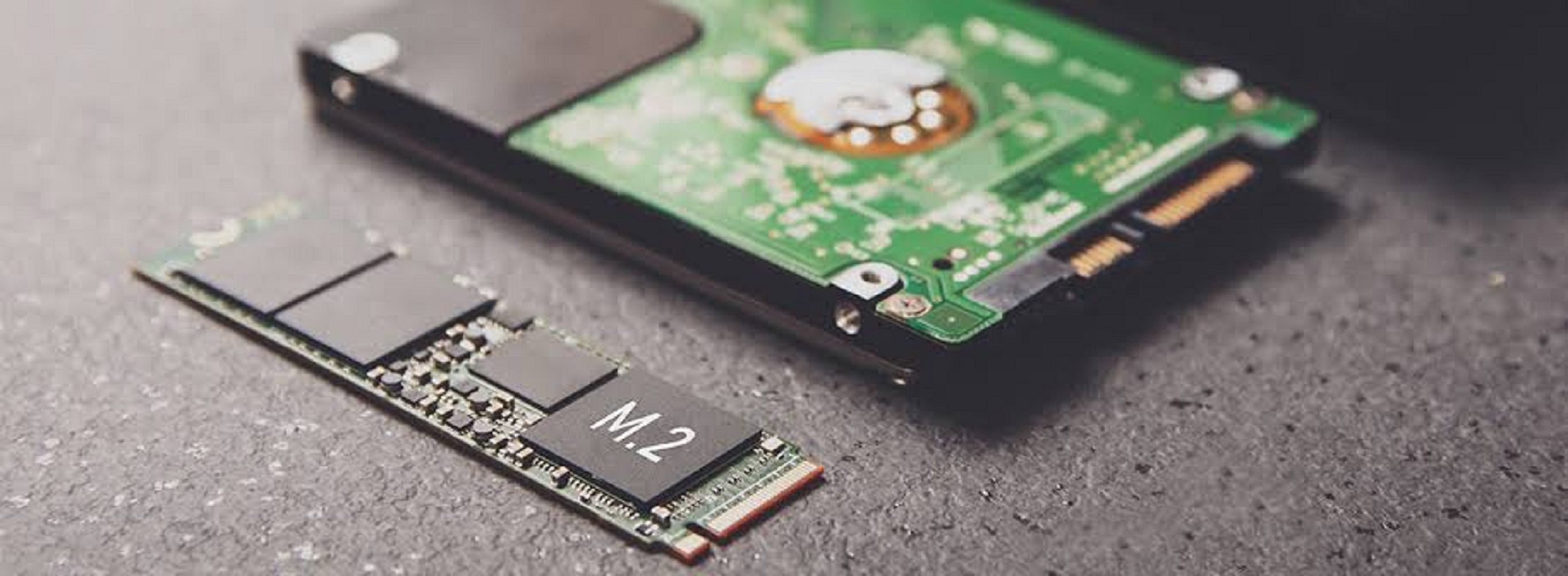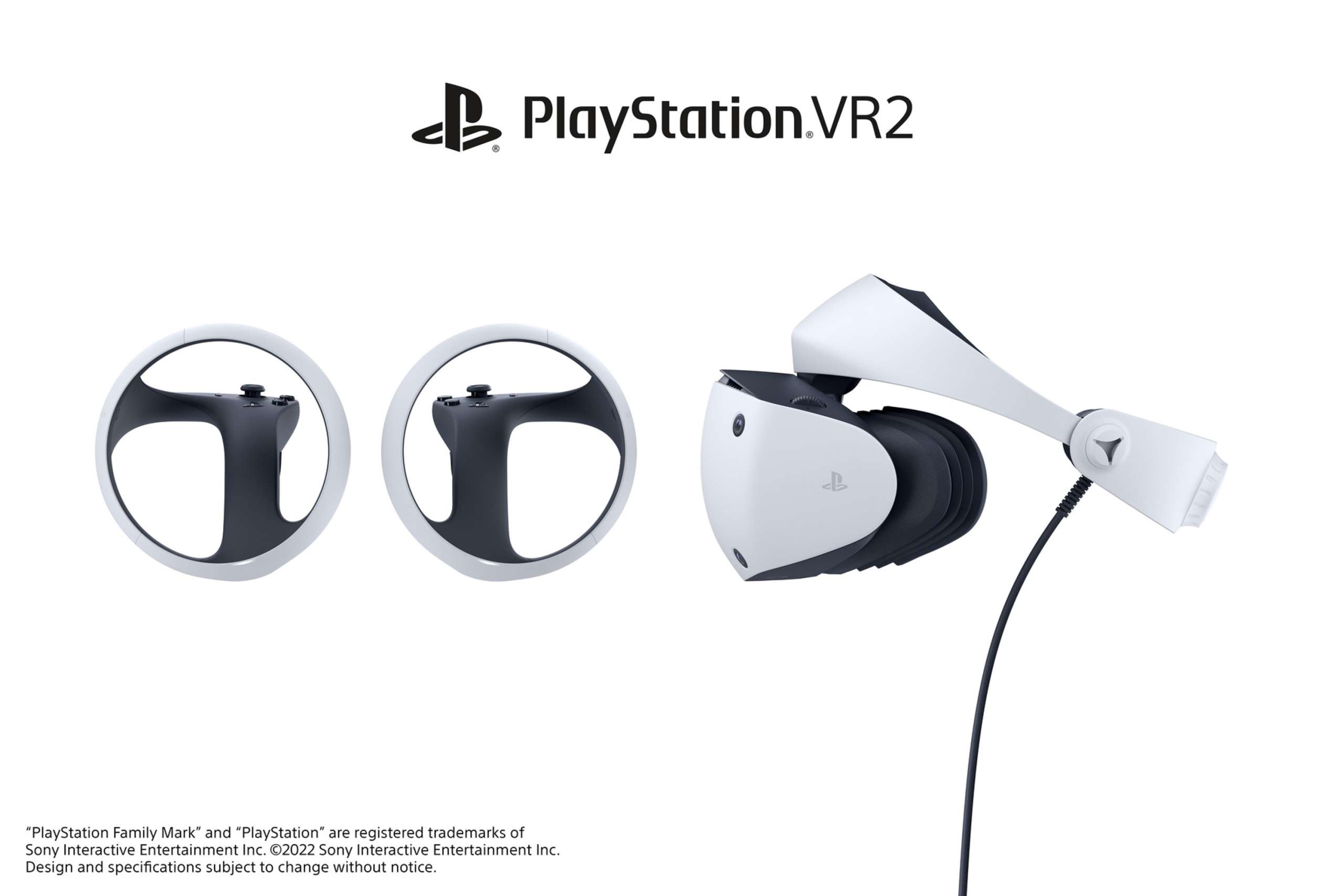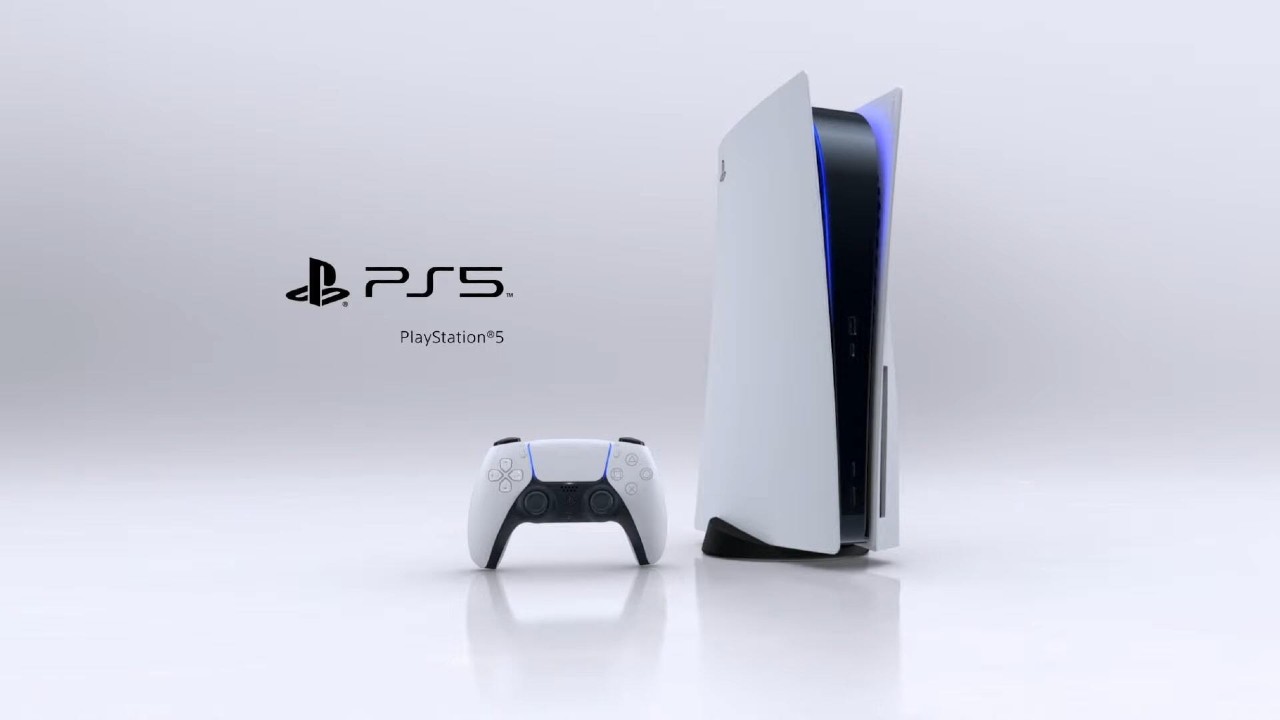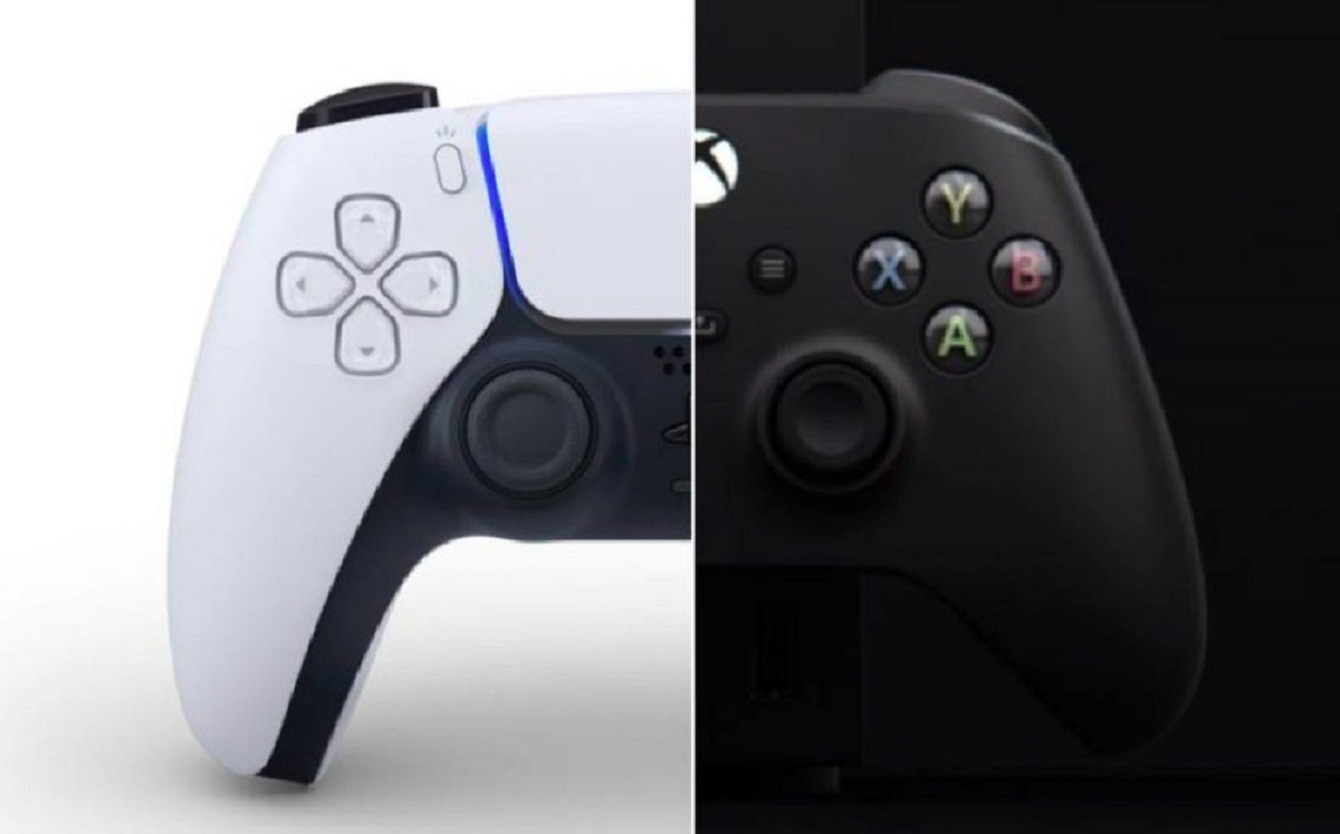As the year is almost running out, fans are getting excited because next year is going to be a year for gamers of all kinds and allegiances. This isn’t exclusive to only PC gamers, a PlayStation aficionado, or an Xbox core-boy, the gaming arena is going to go through a revolution with a whole new generation of consoles coming to the market in less than 12 months.
No matter how you feel about consoles, especially if you’re a PC gamer, it’s impossible to avoid the impact these boxes would have on PC in general. Ignoring this fact would be living in self-denial, so it’s okay everyone faces it head-on. However, about what’s dropping on these new game boxes, the SSD is probably going to have a considerable impact on PC gaming; still, we’re not sure what impact it will make, whether good or ill.
There have been solid states drives in gaming PCs for years, so the fact that consoles are installing these new components may not be a big deal of such. However, considering that the console-first development strategy of using a considerable amount of game developers on all platforms. Also, because of the leverage of game developers, it could be the first time that games across all platforms will be upgraded to have better speed and responsiveness of a top-notch SSD.
These could mean suitable for PC gamers who have been enjoying solid-state drives for some time now, and the same time it could result in these rounds of consoles making a mockery of poor old PC like an ancient device.
So it’s been made aware that both Xbox Series X and PlayStation 5 will come with an SSD, and a fast NVMe PCIe-based integrated into the mainboard itself. As for the Series X’s SSD, Microsoft hasn’t given us much detail on whether it will be integrating the chip. However, it’s of the fact that ‘next-generation’ SSD will virtually eliminate lags, load times, and offer players a brand new gaming world faster than they can imagine.
Well, that’s what the Head of Xbox, Phil Spencer, assures everyone of though. For Sony, it’s been new releases upon updates, as Mark Cerny announces that it already has a bandwidth higher than any SSD in the market for PCs and that the introduction of the SSD would be the lighthouse for next-generation consoles and games.
Sony also demonstrated the potential of its new bandwidth with a direct comparison of a PS4 Pro and an early beta of PS5 dev kit with SSD. Testing with PlayStation exclusive Spider-Man, Sony did show a reduction in load times from 15 seconds on the PlayStation 4 Pro to just 0.8 seconds with the early bet dev kit.
Cerny stressed, ‘the raw speed is vital; however, the details of the I/O mechanisms and the software stack currently on top of them. I did get a PlayStation 4 Pro and then inserted an SSD that cost as much as the PlayStation 4 Pro- and it got one-third faster.’
Sony's official video comparing performance of PS4 Pro vs next-gen PlayStation pic.twitter.com/2eUROxKFLq
— Takashi Mochizuki (@6d6f636869) May 21, 2019
This could mean the same thing for the Microsoft Xbox Series X side, with the company focusing the same semi-custom AMD silicon for its console. This means the developers building games will now have a higher quota for minimum storage performance requirements for their games.
This then could mean a more realistic visual, greater detail in open-world games, with almost no lagging or loading into areas. This way, the games built for these new consoles would be able to stream seamlessly with assets as the player moves through the world regardless of their speed when moving around. However, for those using NVMe SSDs in their PCs, that could mean the same level of visuals and performance would be accessible to them too.
However, on the downside, it would mean those still depending on their hard drives, especially those using SATA-based SSDs in their PCs, will notice they wouldn’t be able to meet with the new standards in the open-world gaming that next-gen consoles would bring.
These could also benefit those with SSD users on PC, as the extra efficiency accessible to developers with the knowledge that the target platform would be using SSDs instead of spinning platters. Cerny supported this fact by saying, ‘Rather than treating games like a huge block of data, we’d be creating finer-grained access to the data.’
So with this, developers can work on the install sizes, since they’d be aiming for SSD rather than hard drives. However, currently, developers kind of duplicate the game data across the install, so it is quicker and more comfortable for reading the data from a spinning platter (hard-drive.). But with SSD, that would be unnecessary. So from next-gen consoles, the games and install sizes would look notably different from those created for previous-gen consoles.
However, even with the price drop on SSD, there’s still a ton of hard drives out there in the PC world. It also means a lot of cross-platform game developers would always be aiming to build games for those spinning platters. Besides, hard drives aren’t going extinct any time soon.
For the reason just explained, it could become an issue for PC being compatible with next-gen games leaving the developers with no option but targeting the bottom part in the game industry. These could also mean the PC version of a game similar to the Xbox One or PS4 version of the same game but not the top-notch Series X or PS5 visuals.
However, the saving grace could be if there’d be both SSD and HDD installs for PC, this feat would demand a lot from the developers but with some unheard expectations. Who knows? Let’s wait and see!







